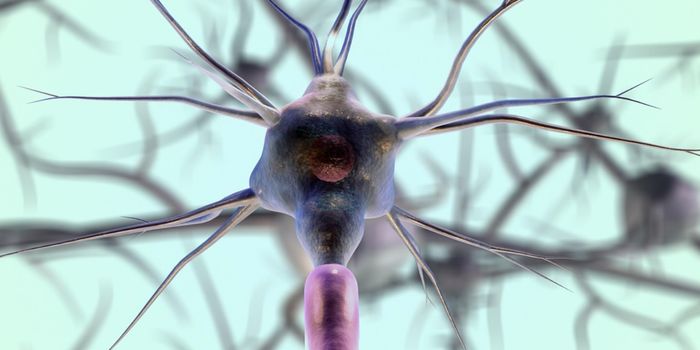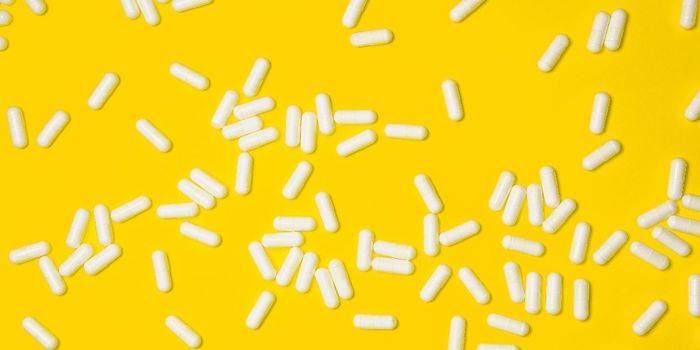Light Alcohol Consumption Reduces Brain Volume
Drinking alcohol small quantities of alcohol- such as less than one unit, which is equivalent to half a beer- is linked to reduced brain volume and cognitive impairment. The corresponding study was published in Nature by researchers at the University of Pennsylvania.
Researchers have known for some time that heavy alcohol consumption is linked to multiple neurological issues, including brain atrophy and loss of neurons. However, studies have been inconclusive on the effects of light-to-moderate alcohol consumption on the brain.
To address this gap in the research, the researchers behind the present study analyzed data from the UK Biobank. The data they studied included 36, 678 participants aged between 40 and 69 years old, and is the largest available collection of high-quality MRI brain scans, alcohol-related behavioral behaviors, and measurements of the socio-economic environment.
The participants were of European descent and reported alcohol consumption between 1-2 units of alcohol per day- considered 'low' consumption- to more than 4 per day- considered 'high' consumption.
"Having this dataset is like having a microscope or a telescope with a more powerful lens," said Gideon Nave, one of the authors of the study. "You get a better resolution and start seeing patterns and associations you couldn't before."
After analyzing the results, the researchers noted a negative relationship between alcohol intake and white and gray matter measures across the brain. Gray matter is where the brain's processing is done, whereas white matter is where communication channels lie.
The researchers further noted that this relationship became stronger the more alcohol units were consumed per day ie. the more alcohol consumed, the greater the losses in brain volume.
While alcohol negatively affected 90% of the brain's gray matter volume, the researchers wrote that certain areas were more affected than others, including the frontal cortex - important for planning appropriate behavioral responses to external and internal stimuli, the parietal lobes- responsible for processing somatosensory information from the body, and the insular cortices- responsible for sensory processing, decision-making, and motor control.
They also noted that the brain stem- which regulates the body's automatic functions, the putamen- involved in learning and motor control synch as language function and addiction, and the amygdala- the core system for processing fearful and threatening stimuli- were also negatively affected.
"These findings contrast with scientific and governmental guidelines on safe drinking limits," said Henry Kranzler, who directs the Penn Center for Studies of Addiction.
"For example, although the National Institute on Alcohol Abuse and Alcoholism recommends that women consume an average of no more than one drink per day, recommended limits for men are twice that, an amount that exceeds the consumption level associated in the study with decreased brain volume," he concluded.
Sources: Nature, Science Daily









